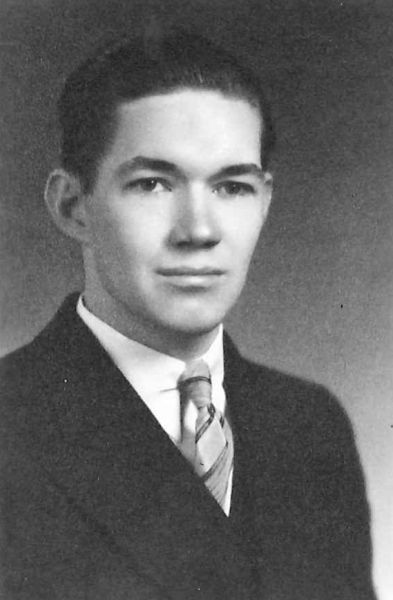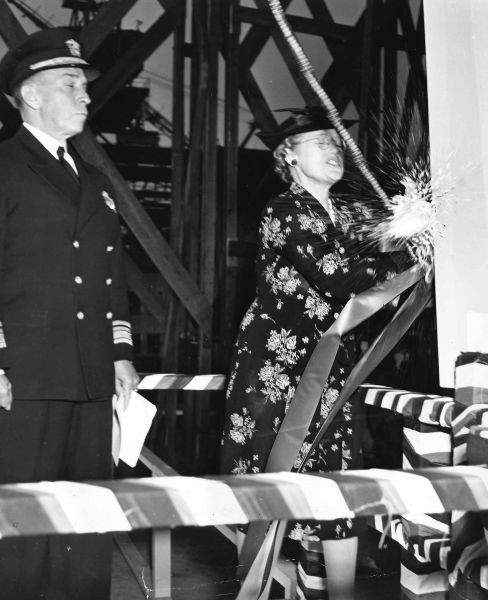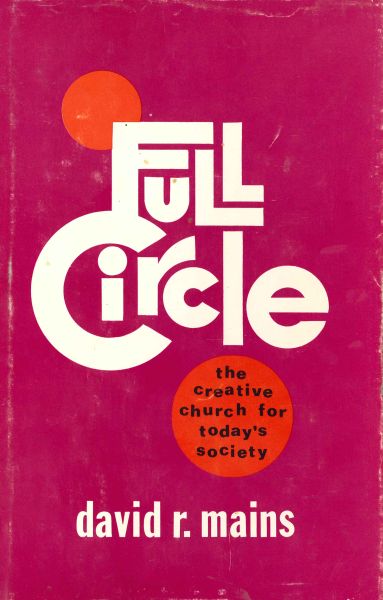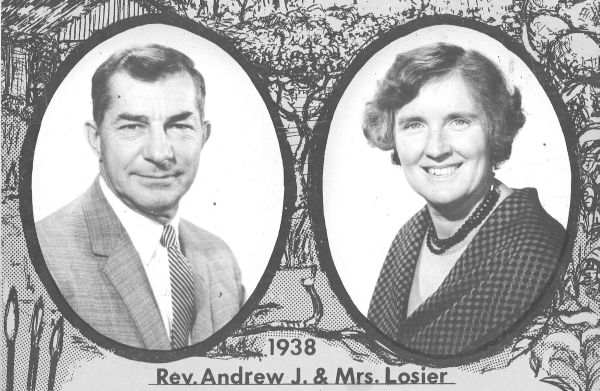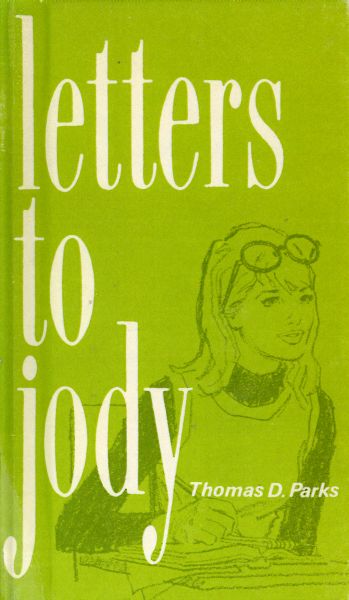The release of the 2014 film Selma, produced by Oprah Winfrey, has stimulated renewed vigorous conversation regarding the efforts of Dr. Martin Luther King, Jr. and the development of the Civil Rights movement. This article from the March 19, 1965 issue of The Record chronicles the brief but impactful journey of two Wheaton College students to those momentous events.
Two Wheaton seniors joined 2500 other civil rights demonstrators in Selma, Alabama, a week ago Tuesday as they marched with Dr. Martin Luther King up U.S. Route 80 to the place where state troopers turned them back without incident. Leaving Wheaton Monday, March 8, after hearing of the brutalities Sunday afternoon, Randy Baker and Bob Vischer arrived in Selma by 11 a.m. Tuesday, March 9. Explaining their motives for going, Vischer said, “I could think of no better way to express my concern than through action.” Upon their arrival in Selma, they found several hundred Negroes and whites – citizens, students, clergy, newsmen and polices – gathered in front of Brown Chapel. Entering the church, where another group of 300 to 400 were gathered, they heard various speakers, including many prominent religious leaders, talk for two or three hours.
As they left the church after Dr. King’s final admonitions, said Vischer, they were given instructions by a medical doctor as to precautions in case they should be tear-gassed, knocked unconscious or hurt with broken bones. As he and Baker marched in the front-quarter of the line, which ran four-abreast, someone told Vischer to take off his glasses. For the first time, he realized the real possibility of physical harm. “I began to see a little of the importance which the people of Selma and others in the march attached to the obtaining of equal rights,” he commented.
Confronting the state police about 200 yards across the Alabama river, King decided they would have a service of prayer and singing there instead of attempting to march through to Montgomery, having been influenced by federal mediation. After singing several verses of “We Shall Overcome” and listening to the prayers of several clergymen, the demonstration turned back to Selma. As they marched both to and from the place of confrontation with the troopers, Vischer recalled, “There was the knowledge that each of the 2500 in the march was dead serious about his task of bringing this injustice before the eyes of the nation and the world and that each was willing to risk death for this.”
After the march had been completed, Baker and Vischer encountered further danger as they went downtown to pick up their car to leave. As the two walked alone down the sidewalk, four white men stepped in front of them and asked where they were marching. Vischer stepped back and replied that they were not marching anywhere. But Baker, who did not step back, was grabbed by the largest and slugged on the side of the head. After Baker had pulled his coat away, the two started a fast walk across the street, but changed when they saw more men on the other side. “At this point,” remarked Vischer, “I felt I could empathize with the Alabama Negro, for here I was being pursued, and with no place to turn to. We felt alone and weaponless. I have never been so frightened in all my life.”
Later, however, the two stressed that undoubtedly the majority of the people of Selma would not have used violence against them or against the Rev. James Reeb, the minister who was killed later that afternoon. Yet, they said, “The scum who carried out these activities are supported by the system which presently exists – and this system must be smashed by a bold show of Christian love.”
